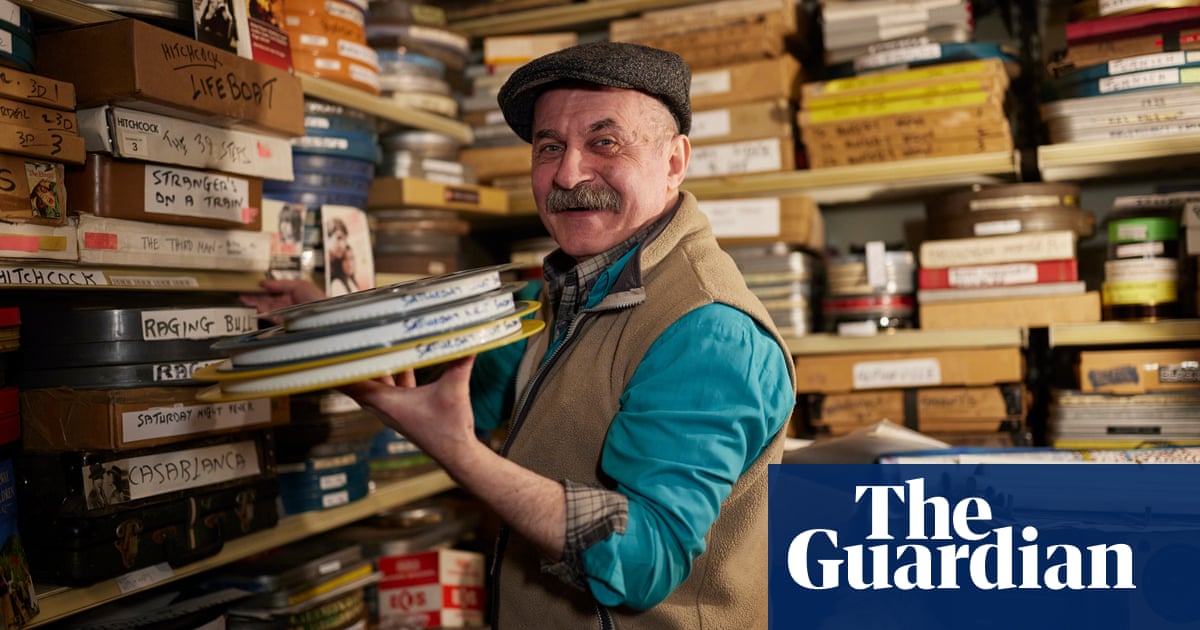
“Atencion NYC! Starting tonight, at 11.40pm nobody should be on the street! Doors and windows should remain closed as five helicopters spray disinfectants into the air to eradicate the coronavirus!”
This was the text I received from my aunt, who lives in Massachusetts, on 22 March. This was just the beginning of what became daily alerts and advice from various family members and friends, which only got more urgent as the Covid-19 pandemic went on.
“We need to consume more alkaline foods that help us raise the pH level to counteract the virus! Do not keep this information to yourself. Share with your family and friends!” That was a message from a friend in Florida; another in New York sent one shortly after: “Boil warm water, pour over an onion, and inhale it – every morning.”
Since Covid-19 began, I’ve seen the effects of anxiety ripple through my Dominican community. Some of that anxiety has manifested in the proliferation of unfounded home remedies thought to prevent or cure the virus. While there is zero evidence that anything but a scientifically tested vaccine will prevent infection, these remedies are relied on by immigrants living in the United States, many of whom have limited or non-existent healthcare.
I’ve also seen these plant-based treatments used in addition to traditional healthcare. For example, when my dad was sick in March, his doctor told him he wouldn’t need any medicine, just rest (he had a fever, aches and difficulty breathing – all Covid-19 symptoms). But to ease his symptoms and alleviate his anxiety over his symptoms, my mother went out and got a remedio casero – the name Dominicans use for the various plant-based teas we drink – from a local herb shop.
Dr Ina Vandebroek is an ethnobotanist at the New York Botanical Garden and has studied herbal remedies all over Latin America and the Caribbean, including Bolivia, the Dominican Republic and Jamaica. She tells me that because there is not a deep enough understanding of cultural attachment to plant species in immigrant communities, plant-based remedies remain largely understudied.
“They are easily exoticized and often thrown in the ‘alternative medicine’ camp by social health researchers,” she says. “These are plants coming from countries outside of the United States and are used by ‘others’.”
For the last 15 years, she has been working with Dominicans in New York and has found a rich plant knowledge in the community, as well as a preference for herbal remedies over traditional primary care. A common expression she encounters among Spanish speakers: “Los farmacéuticos calman el dolor pero esconden la enfermedad.” Pharmaceuticals ease the pain but they hide the illness.
Plant-based remedies have been a part of my family’s healthcare since we arrived from the Dominican Republic in the early 1990s. Whether we had stomach issues or the flu, there was a té de jengibre (ginger tea) o té de naranja (orange tea) for you. And, often, there was only one place to buy just what you needed to fight such ailments: the botanica.
These shops sell everything from plants and herbal remedies to incense and religious iconography and can be found in any major city with a large Hispanic/Latino population. In the Bronx alone, there are at least 48 stores. On Grand Concourse, the 5.2-mile thoroughfare, there are three stores. One is Eliseo Trinidad’s LA 21 Division Botanica which has been selling natural remedies for diabetes, high blood pressure, infertility and menstrual cramps among other ailments here since 1995.
Mr Trinidad, 67, was born in Jarabacoa, a small town in the Dominican Republic. The city, known for its plant life and rivers, is located in the country’s central mountain range. Mr Trinidad tells me that growing up, no one in his family visited doctors, instead, they relied on the plants around them. He was one of 16 kids in a family known for long lives – Mr Trinidad’s great-grandfather lived to be 112, his grandfather to be 107. He attributes their long lives to a reliance on medicinal plants.
I asked how increased anxiety in Latino communities over the last few months has affected his business (the shop is closed but he is still taking online orders). He says he has seen an increase in demand for plants like eucalyptus, chamomile, Petiveria alliacea, or anamú – these are commonly used for remedies believed to treat symptoms like cough, fever and trouble breathing. During normal winter flu seasons, he might sell one customer small amounts of a select plant or two, now he sells satchels.
“There are so many people who, whenever there is a health crisis, they call me. This pandemic is no different,” he tells me.












